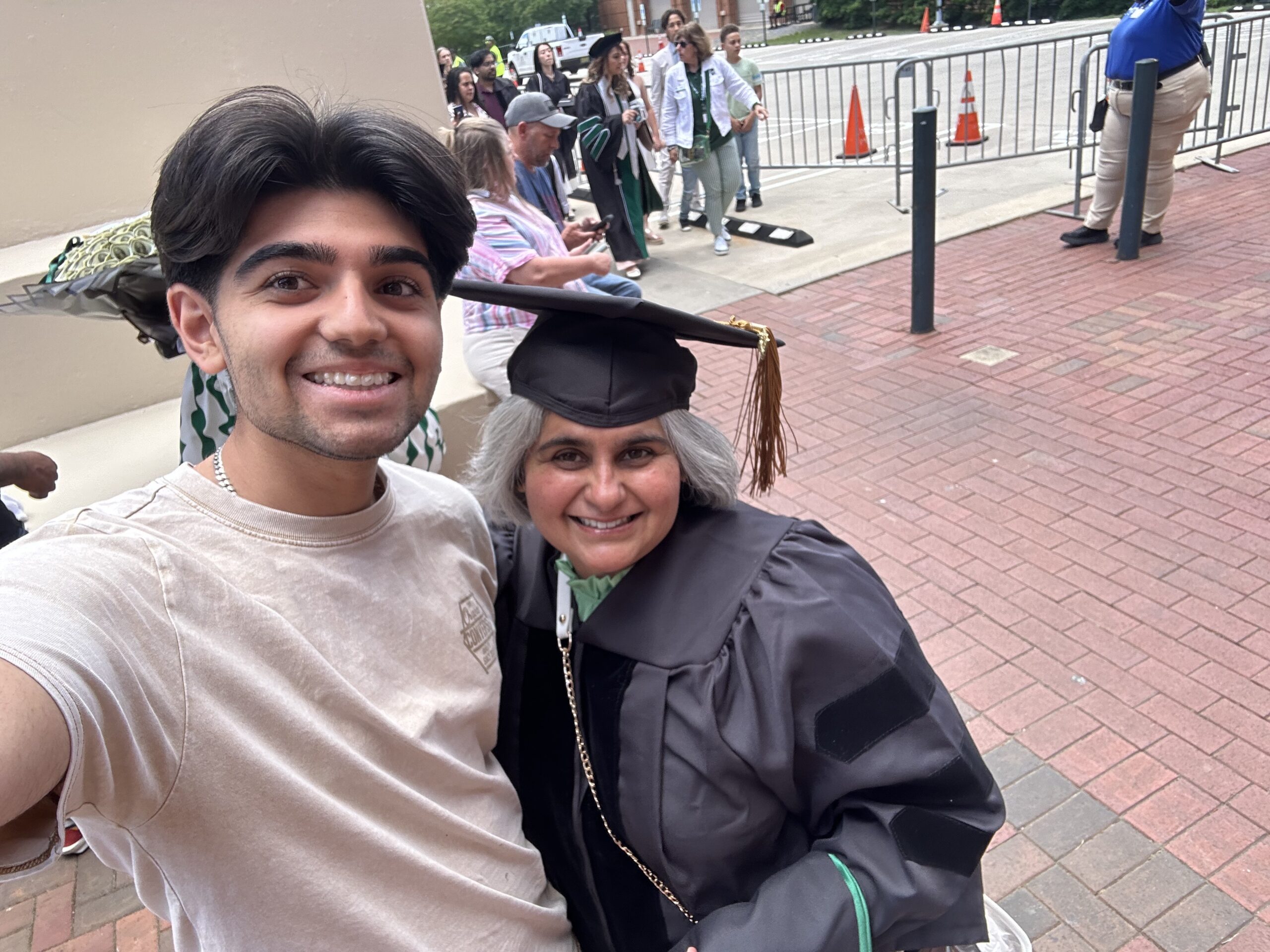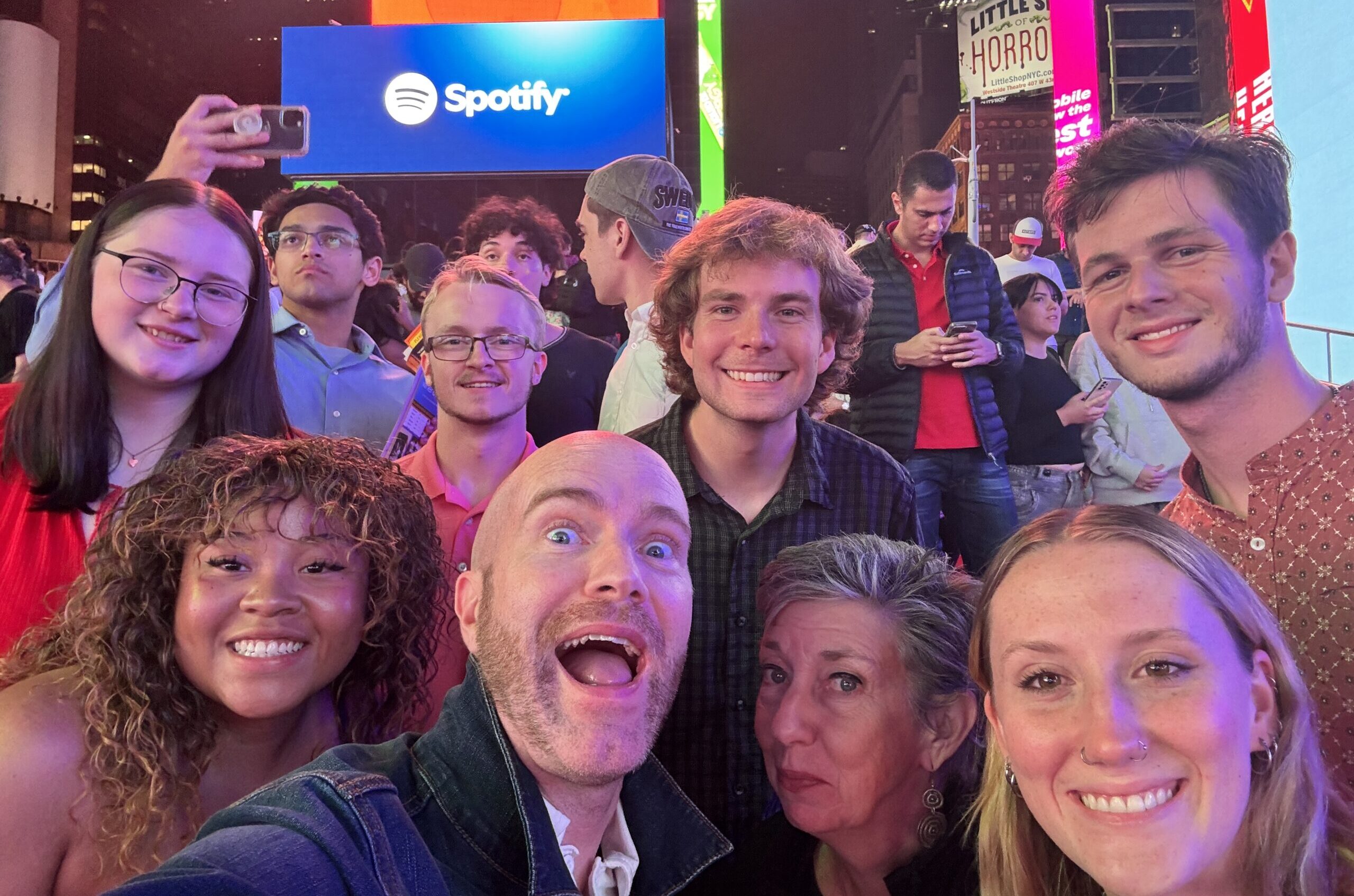Susannah Weaver: Global Leadership Minor Spotlight
This week let's reminisce with Susannah Weaver, class of 2026, about her time in the GLM program.
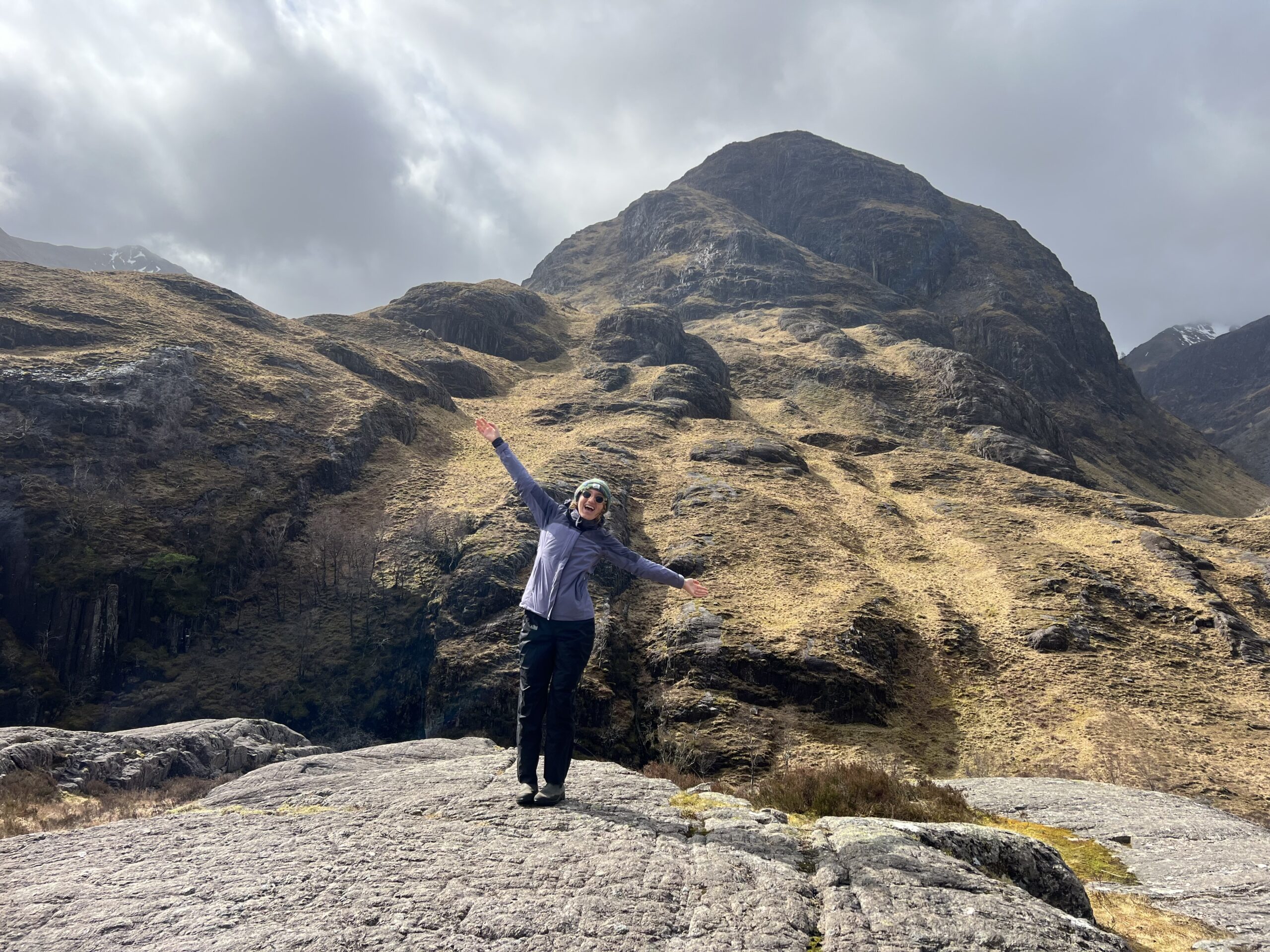
The Global Leadership and Team Decision-Making (GLTDM) minor is designed for students seeking to gain greater knowledge and understanding of leadership and team decision-making from a European global perspective in a cohort format. The coursework comprises courses grounded in theory, inquiry, and application. The students study abroad in the Czech Republic, the United Kingdom, and Germany.
Getting to know each person and witnessing our group dynamic evolve in and out of the classroom was truly special.
Q: What was your favorite part of the abroad experience?
Susannah (S): My favorite part of the study abroad experience was the bond formed with my cohort. We were a group of 16, living, traveling, and learning together for 10 weeks. It reminded me of the close-knit communities from my elementary school days. Getting to know each person and witnessing our group dynamic evolve in and out of the classroom was truly special. Each day was filled with excitement and a zest for life as I looked forward to embarking on new adventures with my fellow “Global Yappers,” as we called ourselves
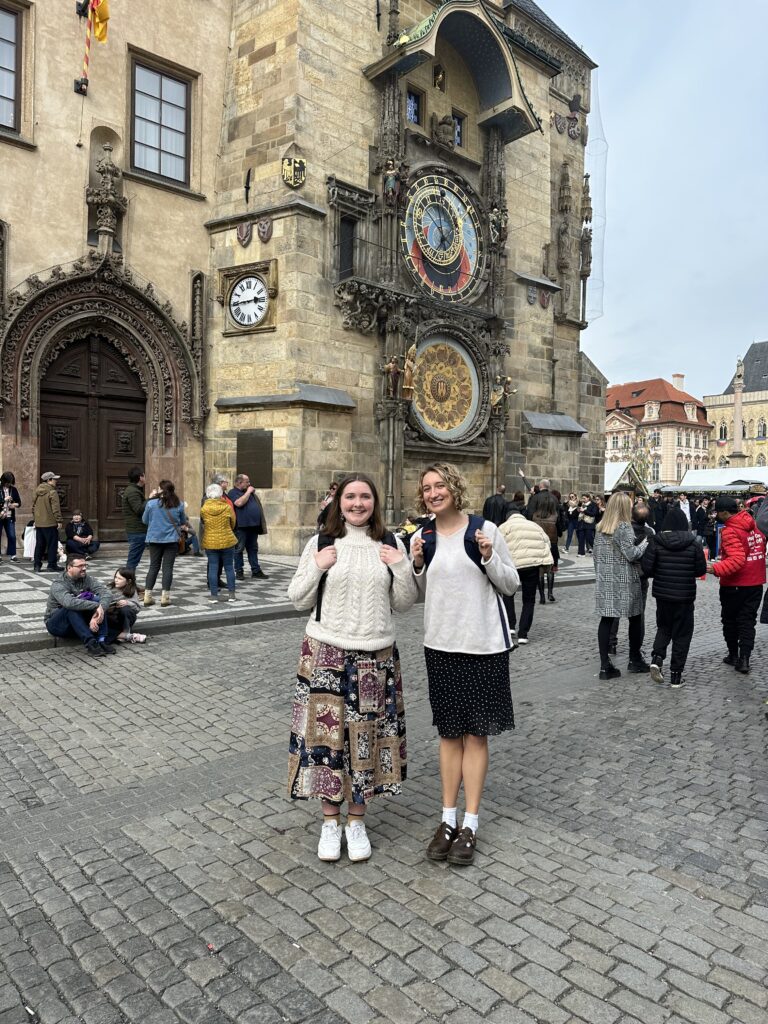
Q: Was there a certain excursion that impacted you the most? If so, how? Which location was your favorite?
S: A significant aspect of the program that deeply impacted me was visiting Tiimiakatemia, a program based at the Czech University of Life Sciences. This three-year, self-directed program, originating from the Finnish education system, is designed for aspiring entrepreneurs. Over the course of three years, students collaborate in teams to launch their own entrepreneurial ventures. They are responsible for setting their weekly schedules, organizing team meetings, and meeting deadlines. Witnessing these students collectively take ownership of their education was truly inspiring.
Vaclav, the individual who implemented the program at the university and coached our group that week, exemplified aspects of servant leadership. The program empowers students by shifting power from team coaches directly to them, allowing for independent learning while also providing a supportive environment where students can ask questions and seek guidance when needed.
Despite having only a week with the Czech students, strong bonds were formed. It was fascinating to engage in discussions about cultural differences and share observations.
When considering leading in a different country, it’s crucial to be aware of the cultural norms specific to that area.
Q: How did this minor provide you with a global perspective of leadership practices outside of the United States?
S: This minor has provided me with a global perspective on leadership by emphasizing the importance of being globally minded and understanding how culture influences leadership practices. While there may not be specific leadership styles tied to regions, cultural norms and societal expectations greatly impact how leadership is approached in different parts of the world.
When considering leading in a different country, it’s crucial to be aware of the cultural norms specific to that area. Factors such as whether the culture is individualistic or collectivistic, their orientation towards time, communication styles, and values and beliefs all play a significant role in shaping leadership practices. By understanding and adapting to these cultural nuances, leaders can effectively navigate diverse cultural landscapes and lead teams with cultural sensitivity and awareness.
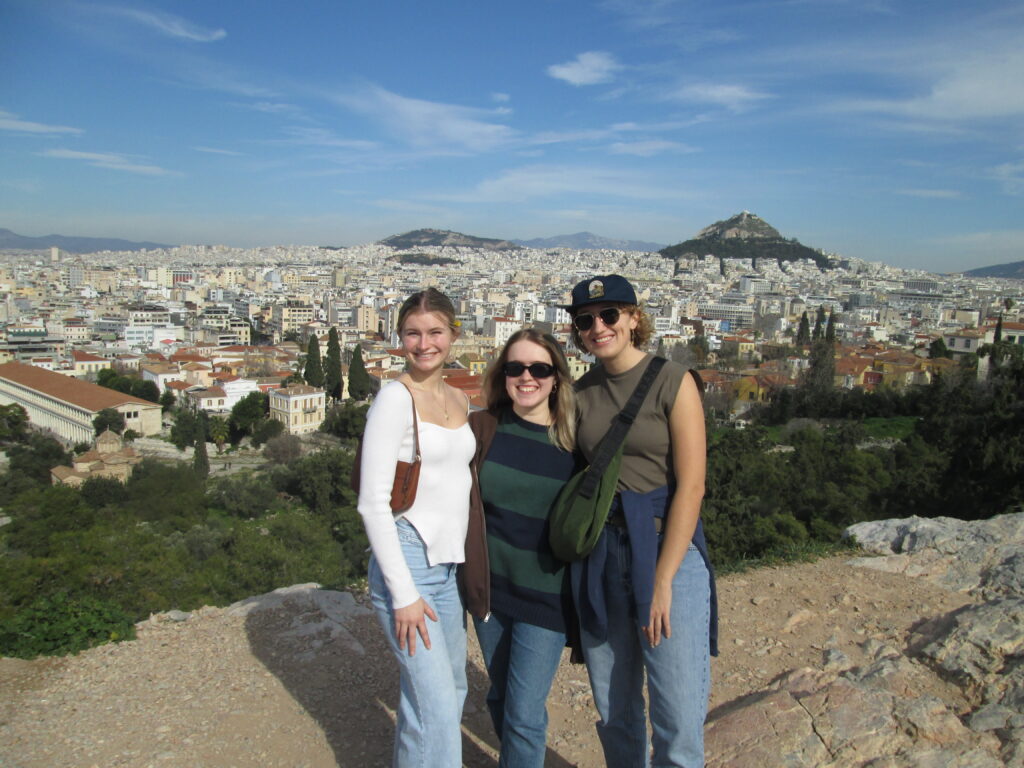
Q: What were your leadership perceptions of global leadership before you went abroad and when you returned?
S: Engaging in the minor prompted me to consider the importance of strategic planning in leadership. Throughout our classes, we were tasked with creating a team charter—a collective guideline outlining values, communication methods, and other essential aspects for the group we were working with. Dr. Bocarro’s statement resonated deeply: “In a group environment, you either create culture or it creates itself.” This highlights the significance of establishing the work culture from the outset when leading a team. Investing time in this foundational step can greatly strengthen the group’s identity.
It truly cultivates a mindset that approaches challenges more holistically, which, in turn, enhances problem-solving by reducing personal bias.
Q: Why would you recommend this minor program to other students interested in leadership? Or students interested in learning about other cultures?
S: I would highly recommend this minor to students looking to enhance their leadership skills. Following the sophomore seminar, I found it incredibly enlightening to explore leadership through pedagogies beyond the servant-leadership framework. This minor not only offers the chance to collaborate with students from diverse cultural backgrounds but also encourages interdisciplinary learning.
One aspect I particularly enjoyed was the open forum for comments and questions. Hearing my peers’ perspectives from different angles than I had considered before was invaluable. It truly cultivates a mindset that approaches challenges more holistically, which, in turn, enhances problem-solving by reducing personal bias.
Q: What did you learn about the team decision-making process?
S: A significant insight that deepened my understanding of the team decision-making process was our visit to Red Hat’s office in the Czech Republic. There, we were introduced to their decision-making model, the Open Decision Framework. This framework is designed to ensure that groups make collaborative and transparent decisions, valuing and validating all stakeholders’ voices, even if their contributions are not ultimately used.
Reflecting on past group work, I realized the importance of how individual input is handled within a team. Brushing over contributions or rushing to a decision without ensuring that all group members fully understand the rationale can lead to a less cohesive and productive group dynamic. It’s crucial that all members feel fully engaged and included in the decision-making process for the group to function effectively.
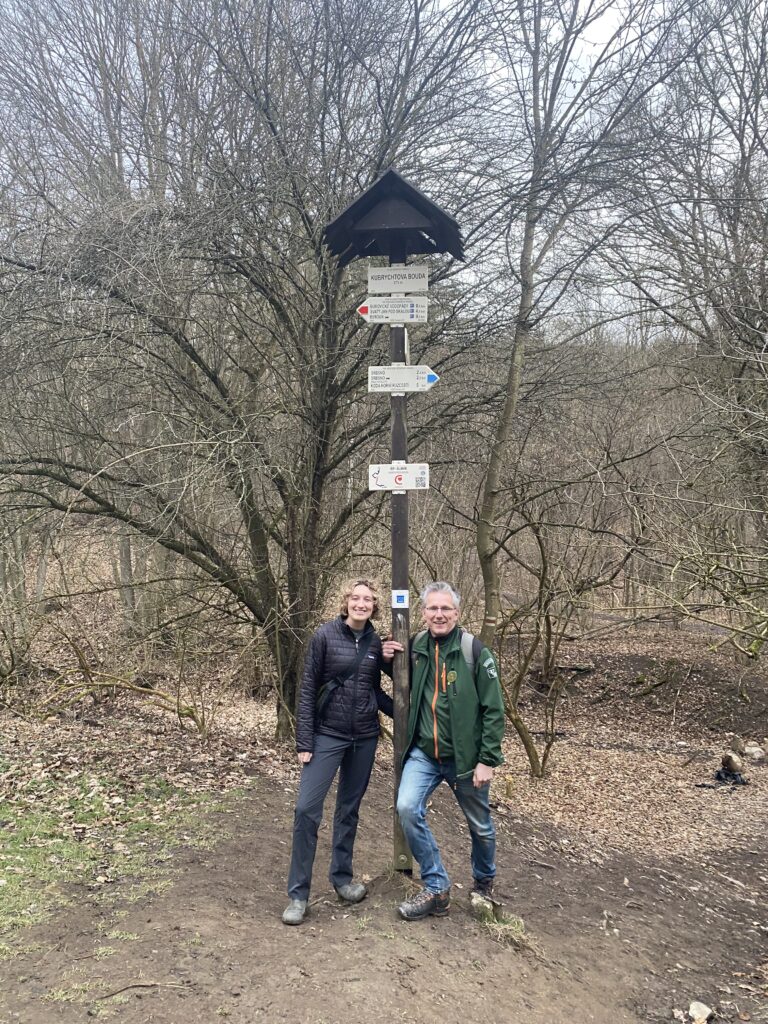
Q: What was something new you learned during the program?
S: One valuable lesson I learned was the significance of being a values-driven leader, a concept emphasized by Dr. Jason Bocarro during the Organizational Leadership in Parks, Recreation, Tourism, and Event Management course in Prague. He highlighted the importance of identifying your values, ranking them in order of importance, and using them as a compass in leadership decision-making.
An enlightening activity involved examining Brene Brown’s list of values and selecting our top three. Mine were service, adventure, and creativity. This approach extends beyond leadership; it’s a principle I’ve integrated into my daily life. Especially at this juncture, when decisions carry significant weight, aligning choices with my core values helps me navigate while remaining true to what matters most to me and holding myself accountable.

